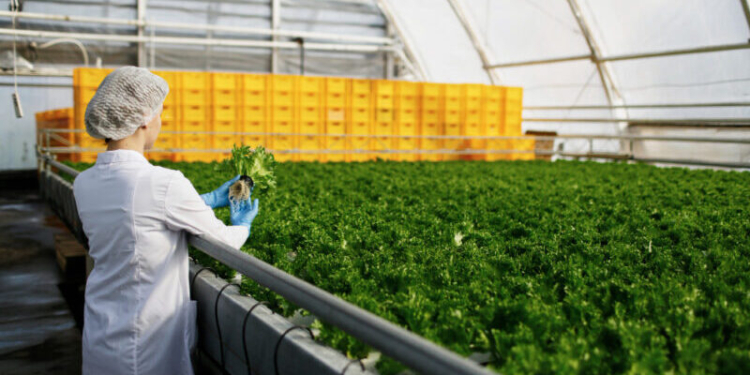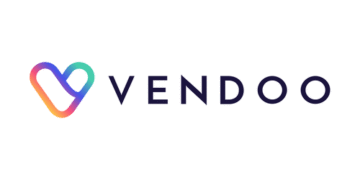Morocco is a country that boasts an extensive agri-food industry. This industry plays a crucial role in the country’s economy, as it contributes significantly to the Gross Domestic Product (GDP) and provides employment opportunities to a significant portion of the population. Here, we aim to provide a comprehensive overview of Morocco’s agri-food industry, including its current state, major players, key challenges, and future prospects.
The Current State of Morocco’s Agri-Food Industry
Morocco’s agri-food industry is one of the largest and most diverse in Africa. The country has a rich history of agriculture, and over the years, it has evolved to become a leading producer of a wide range of food products, including fruits, vegetables, and livestock. The sector is supported by favorable climatic conditions, a large arable land area, and a highly skilled workforce.
In recent years, the agri-food industry in Morocco has experienced substantial growth. According to the World Bank, the sector has grown at an average annual rate of 5% over the past decade. This growth has been driven by several factors, including increased investment in the sector, favorable government policies, and the growth of the domestic and export markets.
Major Players in Morocco’s Agri-Food Industry
Morocco’s agri-food industry is dominated by small and medium-sized enterprises (SMEs), which account for the majority of food production in the country. Some of the largest agri-food companies in Morocco include Souss Massa, Les Domaines Agricoles, and Agro-Industry. These companies specialize in the production of a wide range of food products, including fruits, vegetables, dairy products, and livestock.
In addition to the domestic players, several international companies have also established a presence in Morocco’s agri-food industry. These companies are attracted by the favorable business environment and the potential for growth in the sector. Some of the leading international companies in Morocco’s agri-food industry include Nestle, Danone, and Coca-Cola.
Key Challenges Facing Morocco’s Agri-Food Industry
Despite the growth and success of Morocco’s agri-food industry, the sector faces several challenges that must be addressed in order to ensure sustainable growth and development. Some of the major challenges facing the sector include:
- Lack of access to financing: Small and medium-sized enterprises (SMEs) in the agri-food sector often struggle to access financing, which limits their ability to expand and innovate.
- Lack of technology and infrastructure: The sector is in need of modern technology and infrastructure in order to increase efficiency, reduce waste, and improve the quality of food products.
- Inadequate transportation and logistics: The transportation and logistics sector in Morocco is in need of significant improvement in order to support the growth of the agri-food industry.
- High costs of inputs: The high cost of inputs, such as fertilizers, seeds, and water, is a major challenge for farmers in Morocco.
- Limited access to international markets: Despite its potential, Morocco’s agri-food industry has limited access to international markets, which limits the potential for exports and the growth of the sector.
Future Prospects for Morocco’s Agri-Food Industry
Despite the challenges facing Morocco’s agri-food industry, the sector has a bright future ahead of it. The government has demonstrated a commitment to the sector through its investment in infrastructure and favorable policies. Additionally, the growth of the domestic and export markets provides significant opportunities for further growth and development. Here are some of the key areas where Morocco’s agri-food industry is poised for growth:
- Development of value-added products: There is significant potential for the development of value-added products in Morocco’s agri-food industry, including processed foods, organic products, and high-quality products for export.
- Expansion of export markets: Morocco’s agri-food industry has the potential to expand into new international markets, particularly in Africa and Europe. This will provide a significant boost to the sector and help drive growth.
- Investment in technology and infrastructure: With increased investment in technology and infrastructure, Morocco’s agri-food industry can improve efficiency, reduce waste, and increase the quality of food products. This will help the sector to compete with other international agri-food industries.
- Focus on sustainability: Morocco’s agri-food industry must focus on sustainability in order to ensure long-term success and growth. This includes a focus on reducing waste, conserving natural resources, and minimizing environmental impacts.
Last but not least
Morocco’s agri-food industry is a key player in the country’s economy and has significant potential for growth and development. The sector faces several challenges, including a lack of financing and technology, inadequate transportation and logistics, and high costs of inputs. However, the future looks bright for Morocco’s agri-food industry, with opportunities for the development of value-added products, expansion into new export markets, investment in technology and infrastructure, and a focus on sustainability.


